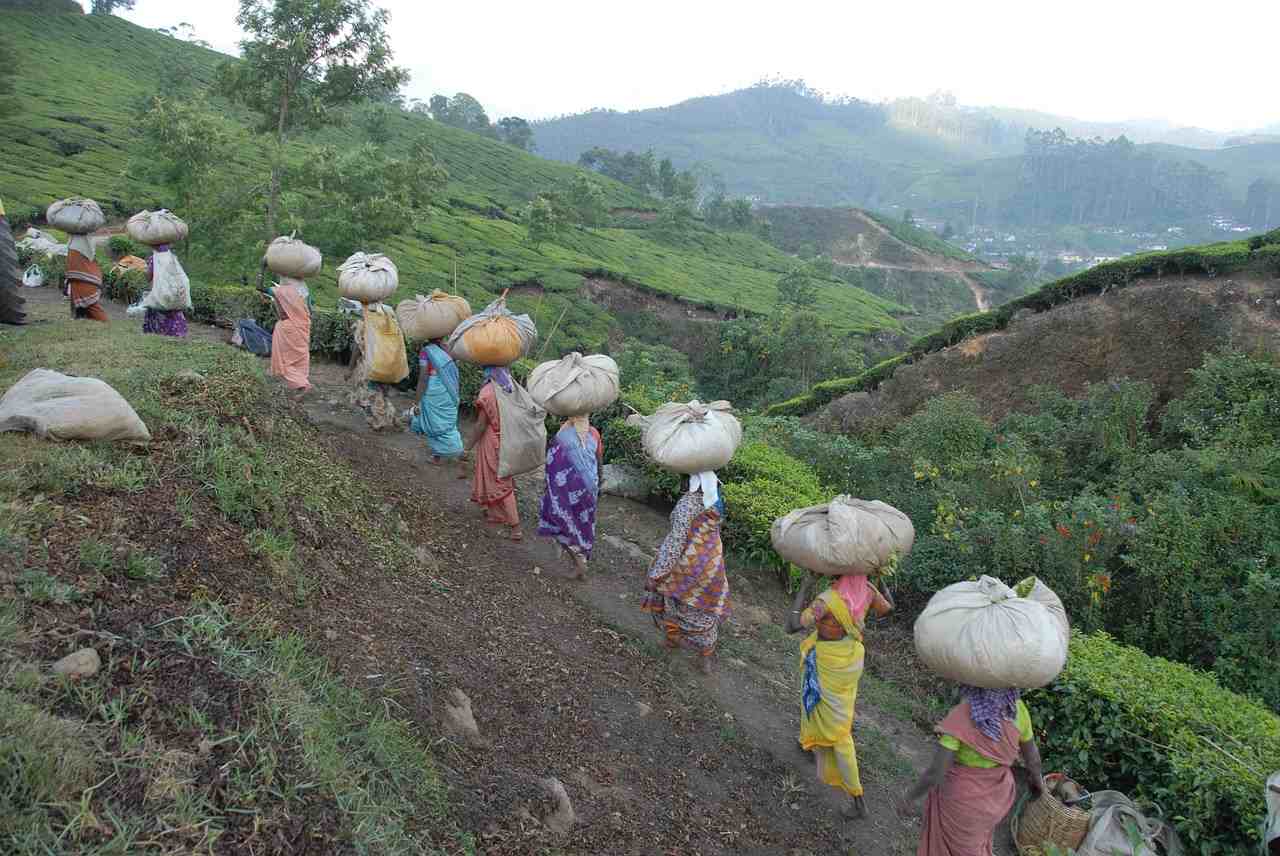
The coronavirus associated lockdown has certainly brought about severe negative implications on the Indian economy and as a result of this millions of ordinary Indians have been compelled to lose their jobs.
As employers engage in massive lay-offs and reduction of already meagre wages, it is interesting to note that the informal sector as well as the organised or the formal sector have been suffering amid the lockdown.
The novel coronavirus and the associated lockdown has also left drastic impacts on West Bengal’s tea estates. Most of these tea-estates have been compelled to ask their workers to drop the job due to their inabilities to pay despite the lockdown and the inability of the workers to even come to the worksite in the absence of transportation channels.
It would not be wrong to say that the novel coronavirus has taken a toll on the 12,000 workers working in 12 closed tea estates of northern Bengal as the months doles given by the state government in usual days because of the absence of both functional banks as well as transportation channels.
In the absence of other alternative livelihood opportunities, these labourers are now without a source of income of livelihood and are requesting the government to enable them to survive the economic hardship through the payment of FAWLOI (Financial Assistance to Workers of Locked Out Industries) on a monthly basis.
The workers who work across these 14 tea estates of northern Bengal receive Rs 1,500 per month but the amounts are payed once in three months. These workers receive their payments once in three months.

It was in the month of March, the state had disbursed the amounts for the last couple of months of the previous year. Both the main problem that has occurred for the workers living close to the vicinity of the tea-estates is that they are finding it difficult to go to the banks as most tea-estates are located in remote corners of North Bengal.
In most cases, the closest bank is 20-25 Kms away. This means that although many workers may have meagre sums remaining in their bank accounts, they don’t have an option to go to the bank and withdraw it. There is no banking infrastructure in these closed gardens. According to official estimates, around 50,000 people live in the closed 14 tea plantations.
Most of the people who work at the tea plantations are daily wage earners. When they do not find work at the tea estates, they travel to places like Jalpaiguri to work at the construction sites. Some of them also work near the Test river and earn a living by collecting stones.
But the lockdown implies that all sources of livelihood are now closed for them and they are now fully dependent on supplies that arrive as part of relief.
Experts working on the condition of these daily wage earners in the tea estates of North Bengal feel that this is time that representatives of banks come to the closed tea gardens with a monthly assistance scheme or even hand over the cash that these daily wagers have saved in their bank accounts
The state government has taken the initiative of providing assistance to tribals above the age of 60 years, but it should also think of devising a special scheme for beneficiaries who may be living in closed down tea-estates.
This initiative is really important because thousands of these daily wage earners are really in a very difficult position in the absence of livelihood or savings to sustain them through the hard times.













